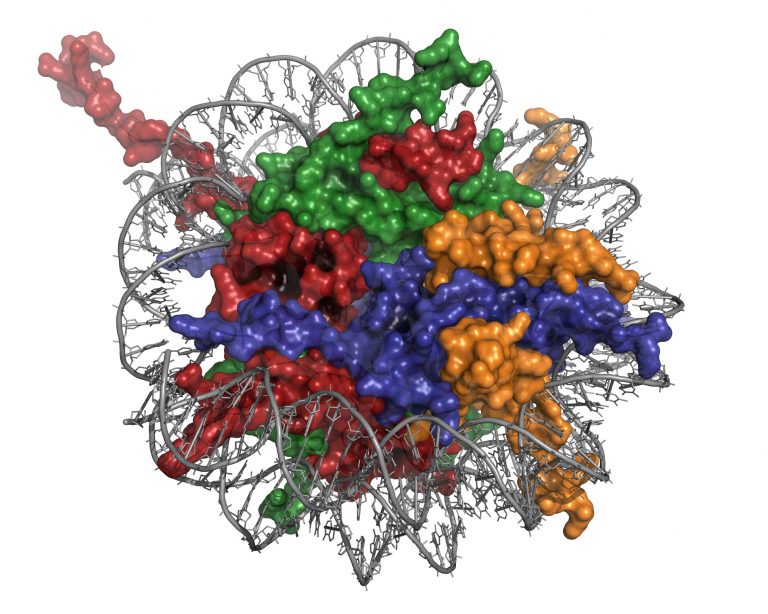
Researchers from Hackensack University in New Jersey report that epigenetic mapping of tissue taken from healthy people and cancer patients pinpoints areas of increased variation that could be linked to disease.
The team carried out epigenetic sequencing to look for allele-specific DNA methylation—methylation imbalances linked to genetic variation—in tissue samples taken from 89 healthy individuals. The researchers also sequenced 16 tissue samples from patients with the blood cancers lymphoma and multiple myeloma, as well as the brain cancer glioblastoma.
As described in the journal Genome Biology, the scientists found that allele-specific methylation was between 5- and 9-fold higher in cancer samples than in those taken from healthy controls. They found such methylation at 15,112 sites around the genome. Of these, 1838 were near sites that had already been linked to disease susceptibility in genome-wide association studies.
“Our dense map of allele-specific methylation… will help other scientists prioritize and focus their work on the most relevant genetic variants associated with diseases,” said Catherine Do, MD, PhD, a researcher at the Hackensack-Meridian Health Center for Discovery and Innovation, and the first author of the study.
“These ‘footprints’ of allele-specific methylation are more abundant in cancers than in normal tissues, but since Catherine’s work has shown they are produced by the same biological pathways, we can use our dense maps to understand the beginnings of both cancers and non-cancerous diseases – such as autoimmune, neuropsychiatric, and cardiometabolic disorders,” added Benjamin Tycko, MD, PhD, a senior researcher at the Hackensack-Meridian Health Center for Discovery and Innovation and senior author on the study.
The authors explain in their paper that while a lot of disease susceptibility areas and genetic variants have been highlighted in genome-wide association studies, it can be hard to pinpoint the precise disease-causing variants. They believe that using epigenetic sequencing in combination with earlier association study findings can help locate the specific disease-causing variants particularly when comparing mapping of tissue from healthy controls with that of patients with the disease, as carried out in this study. To help other researchers do the same, they are making the results of their research open source.
The research also showed that non-coding genetic variants, which don’t have a direct impact on the translation of genes into proteins, might have an indirect impact on disease by regulating the expression of disease-causing genes.
For example, the TEAD1 gene is overexpressed in some forms of multiple myeloma. The researchers found a non-coding mutation that causes allele-specific methylation in this gene, which could contribute to the overexpression seen in myeloma.
“This could be a key breakthrough in determining how cancer starts – and give us a better chance to treat it,” said David Siegel, MD, founding director of the Institute for Multiple Myeloma and Lymphoma at the Hackensack-Meridian Health Center for Discovery and Innovation and one of the authors.
“Finding non-coding mutations that cause epigenetic activation of genes such as TEAD1 in multiple myeloma can potentially help us narrow in on the most promising targets for developing new treatments.”













